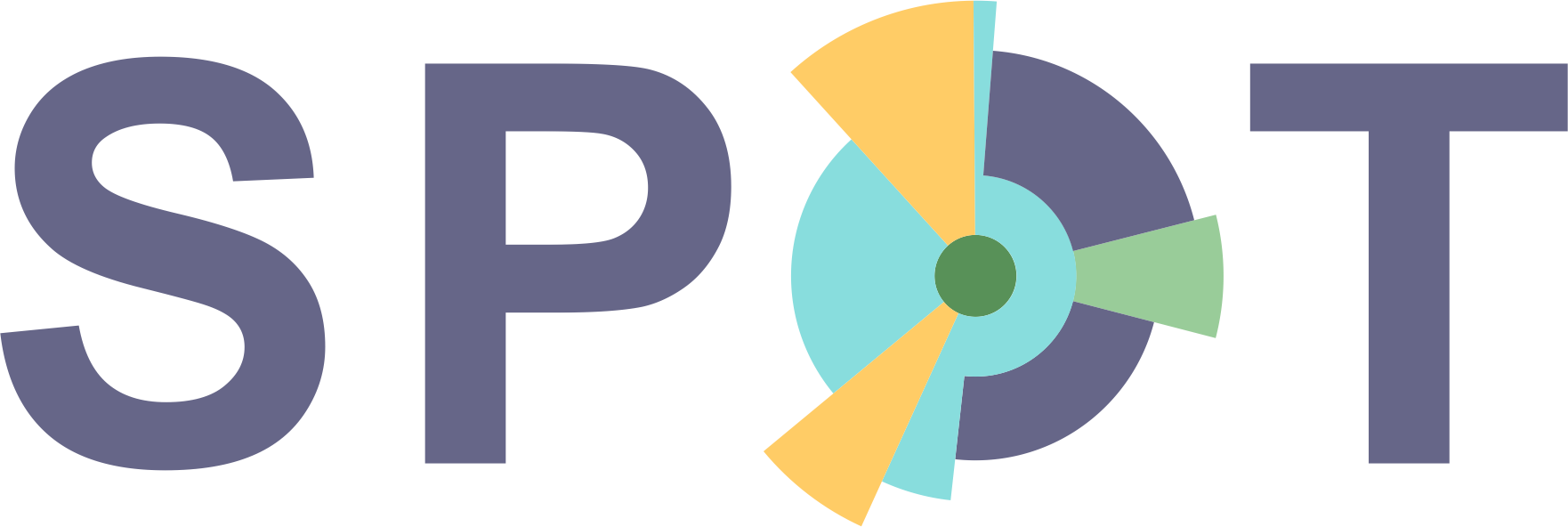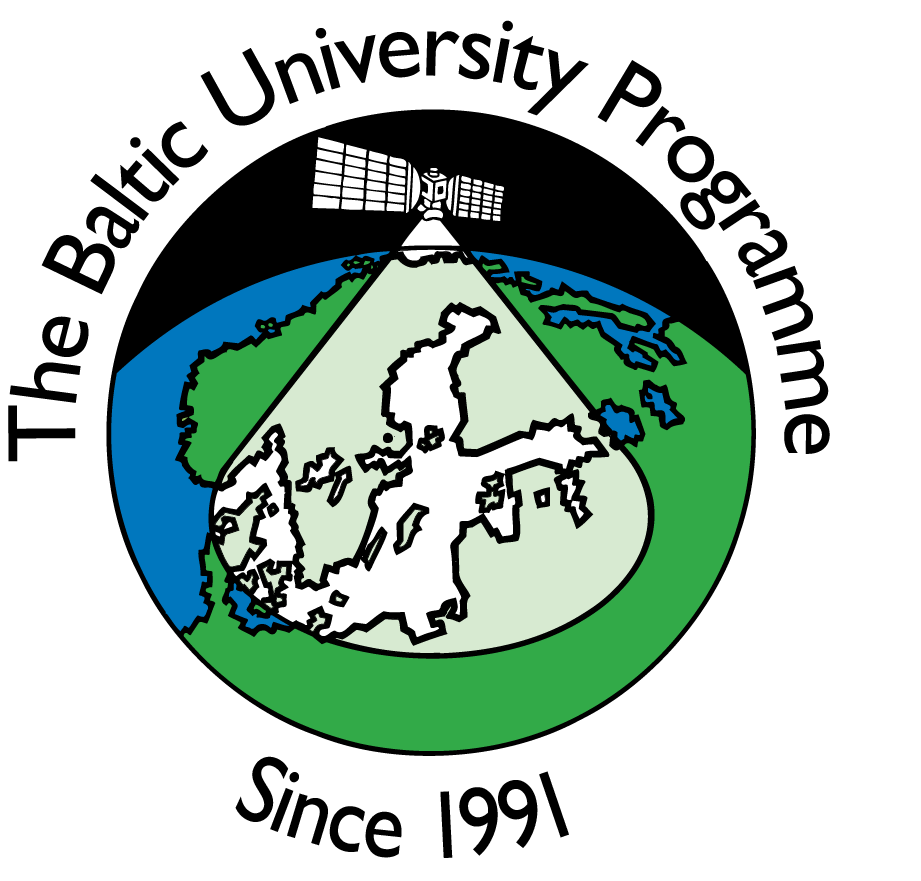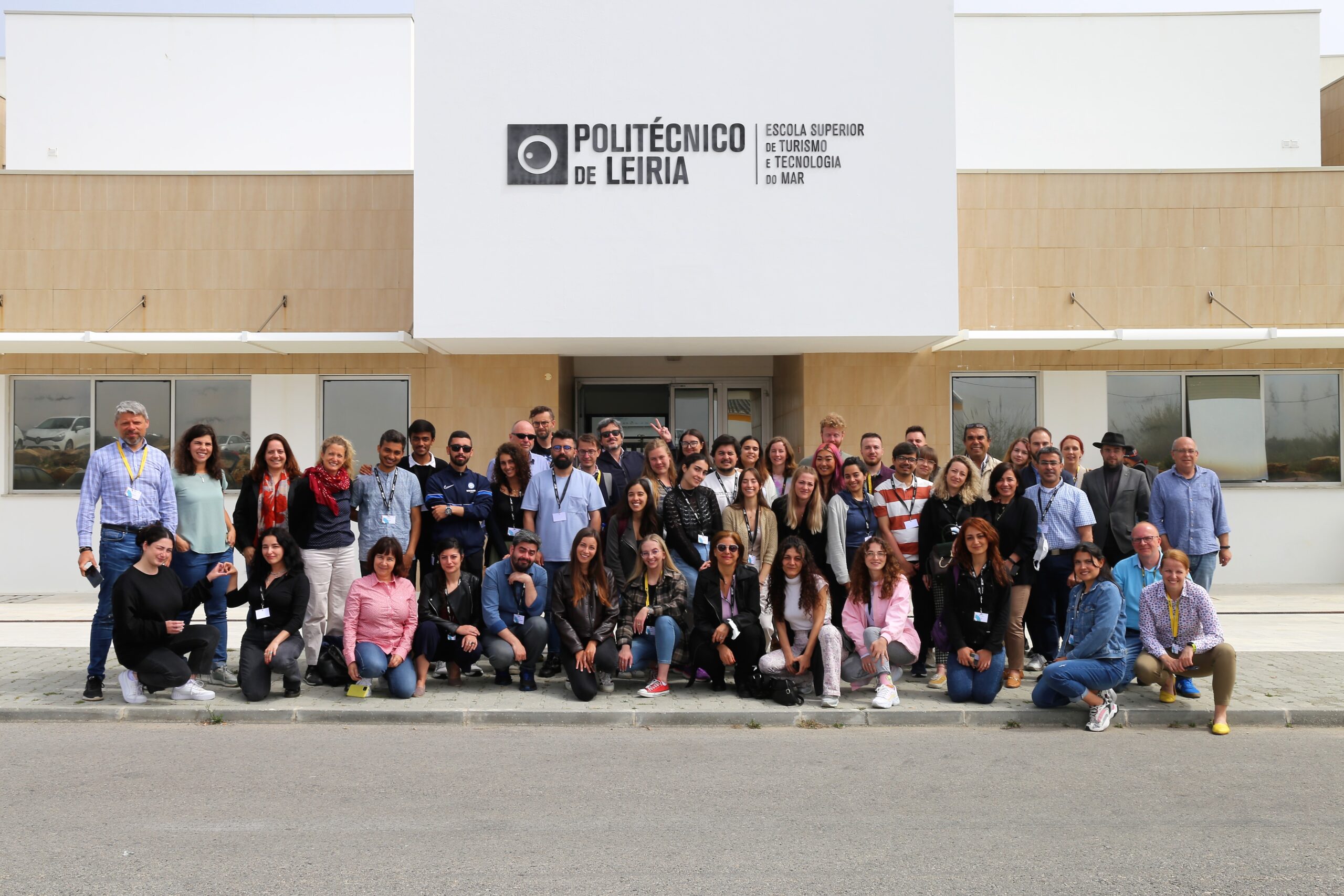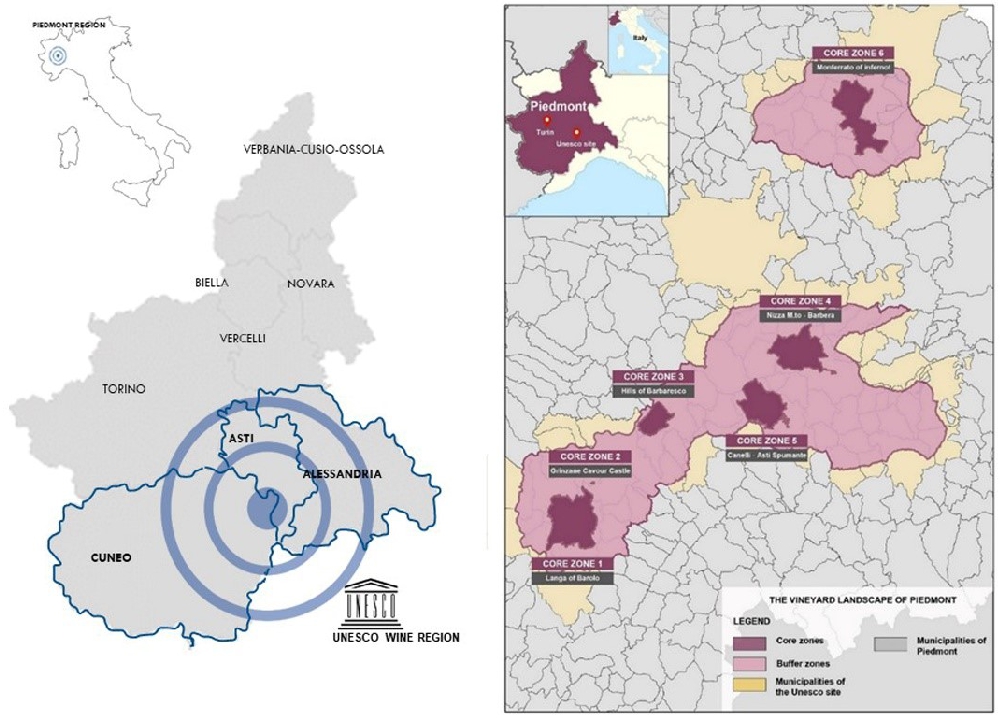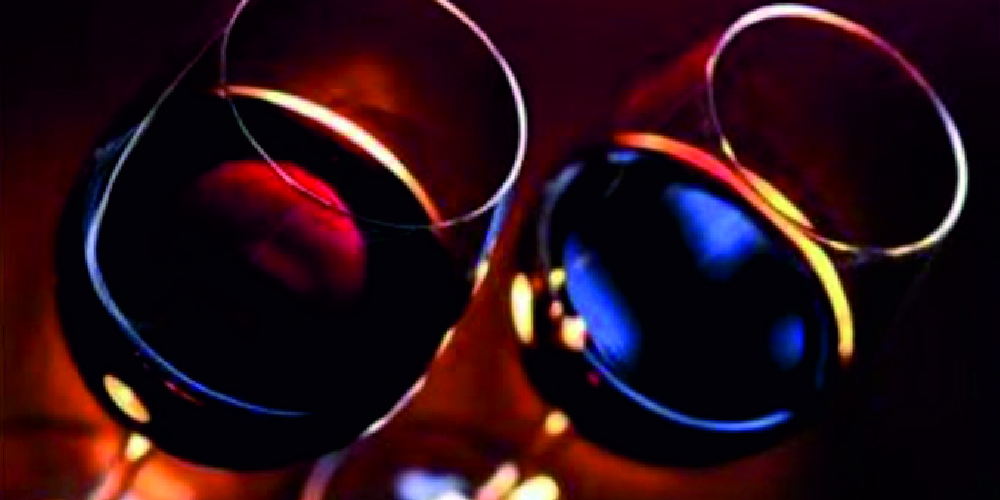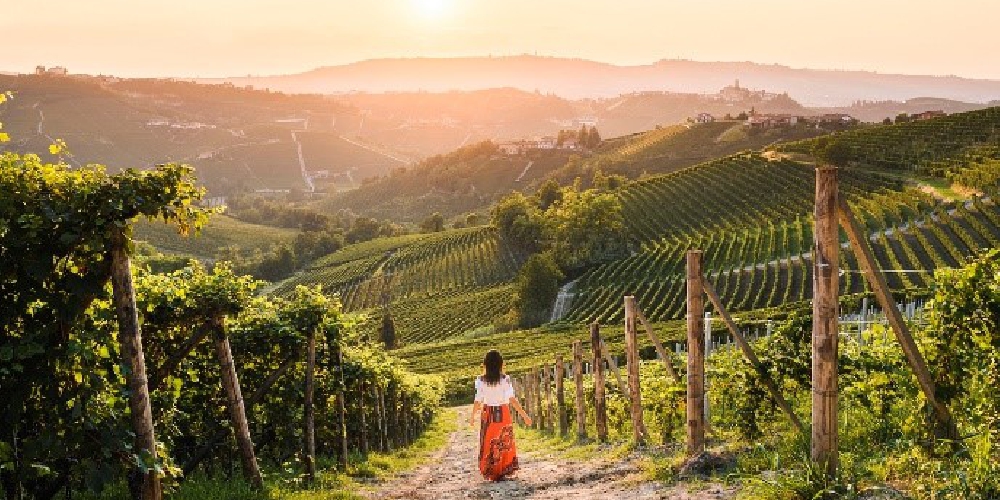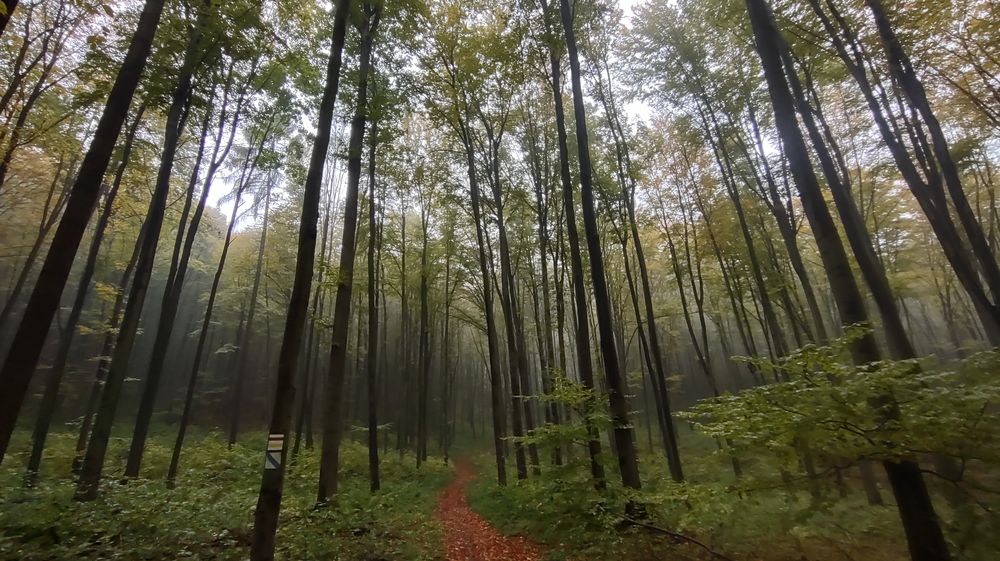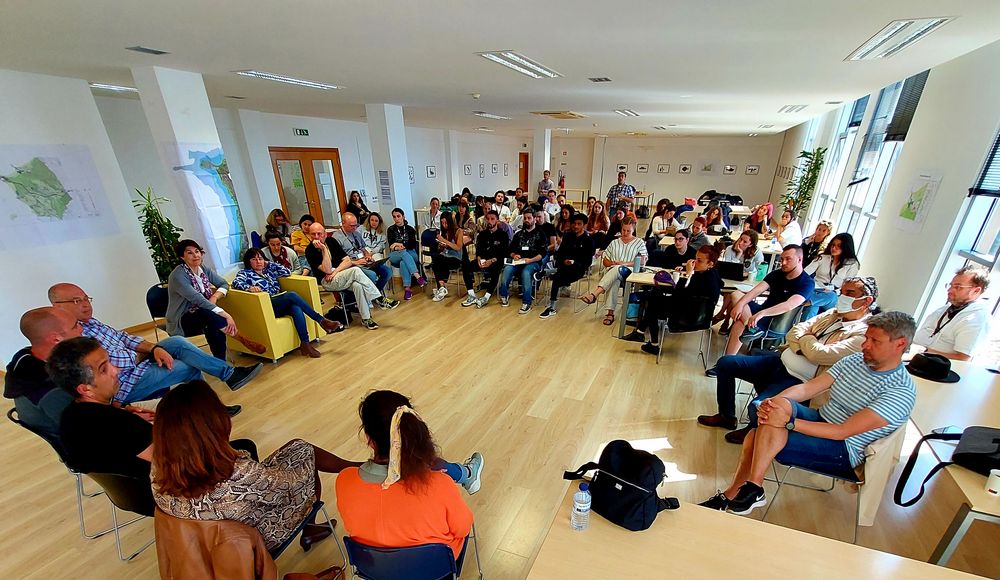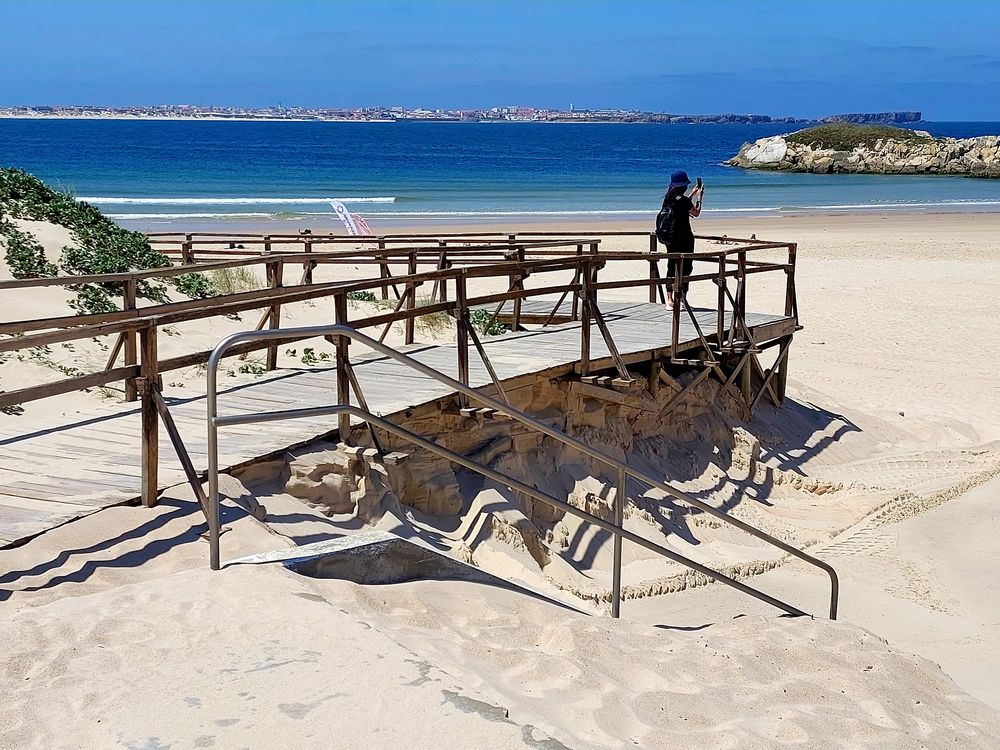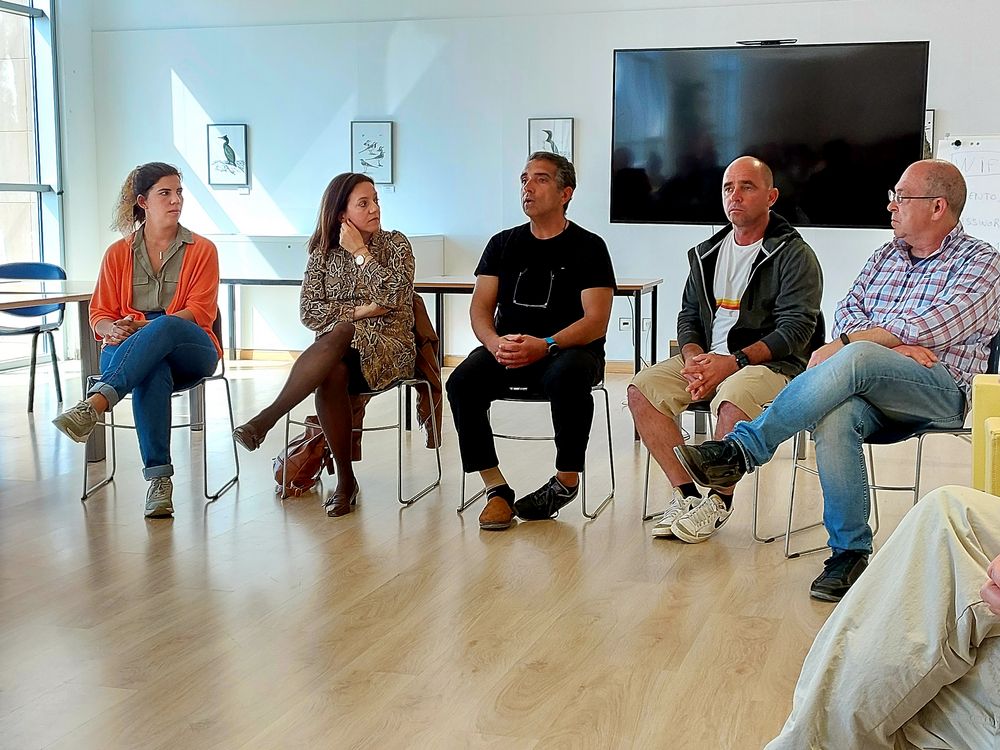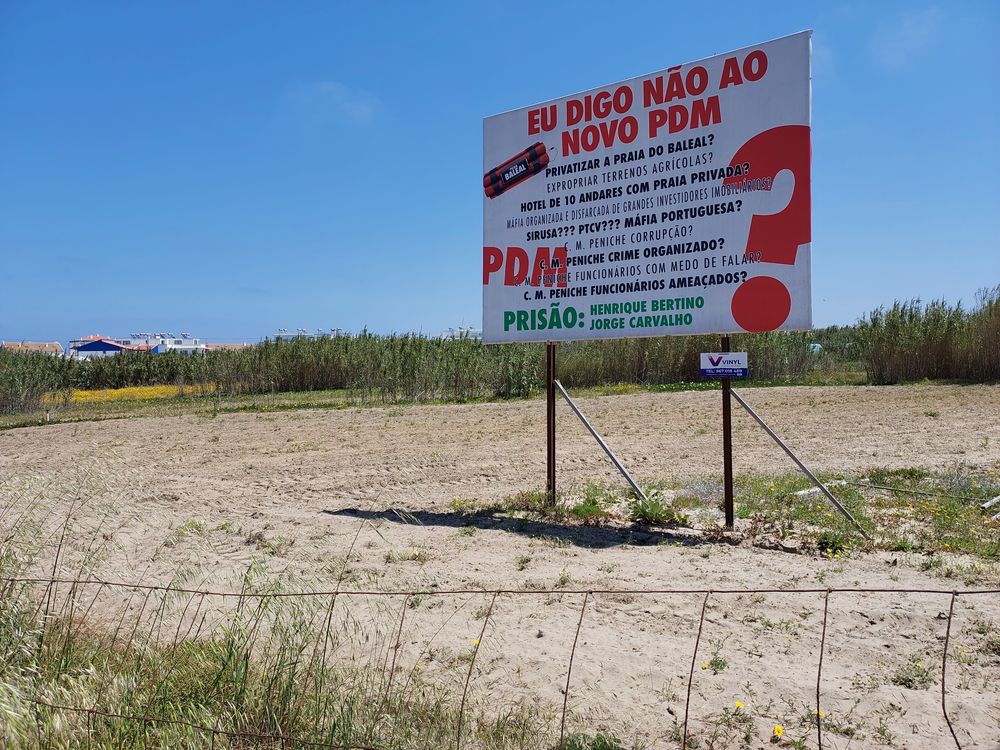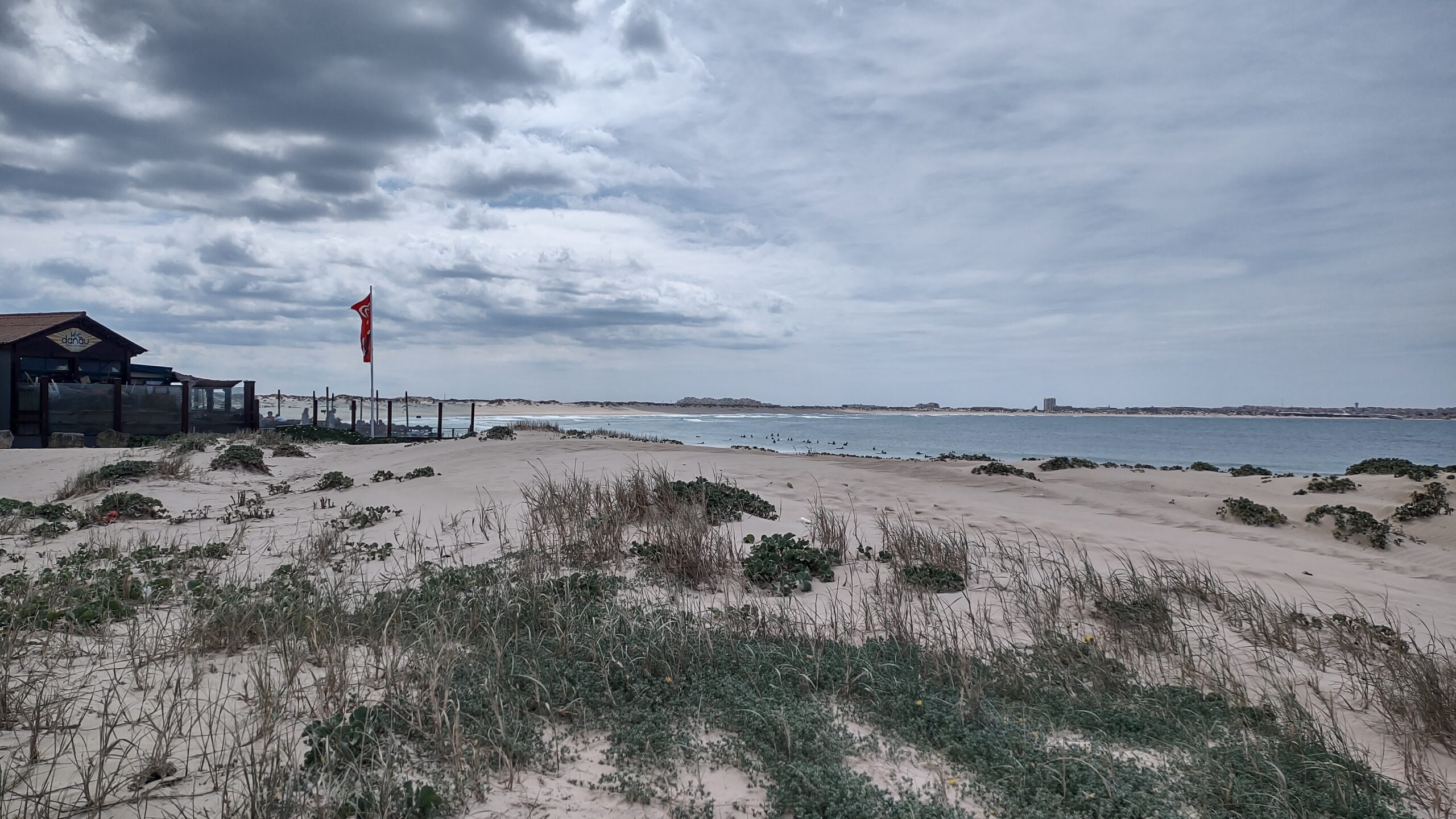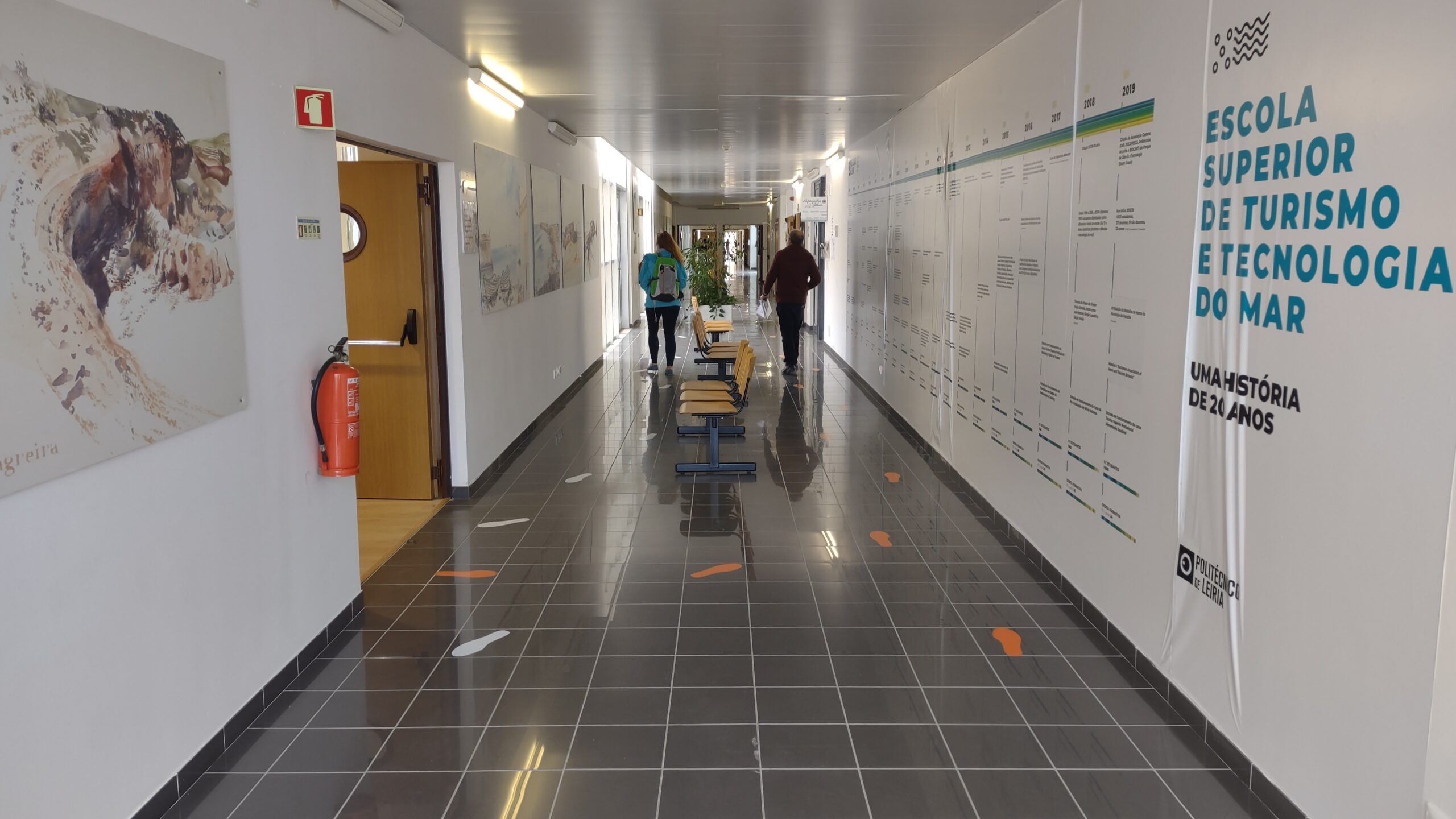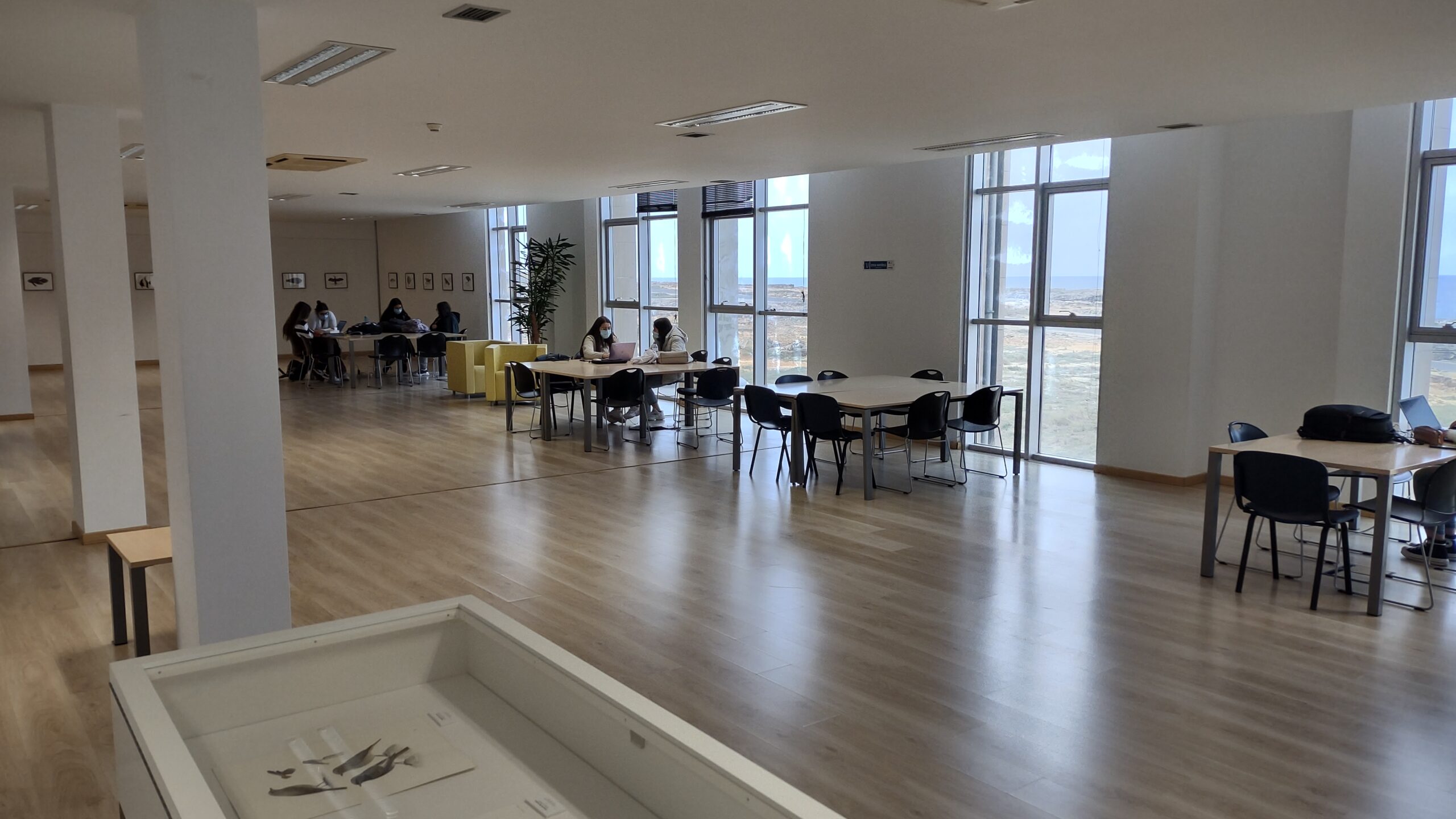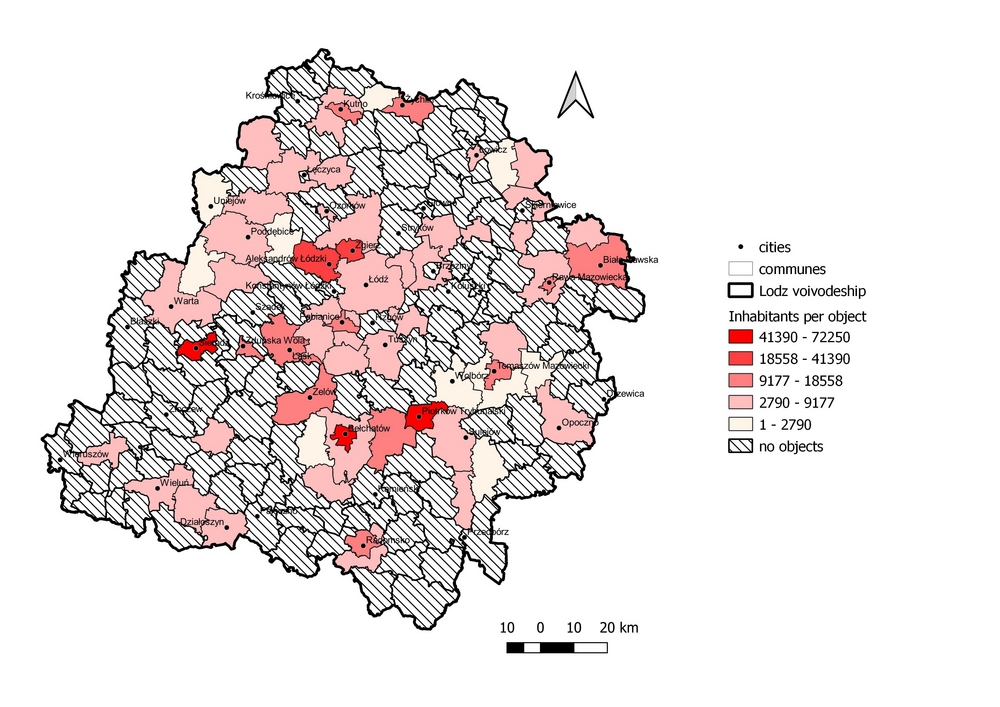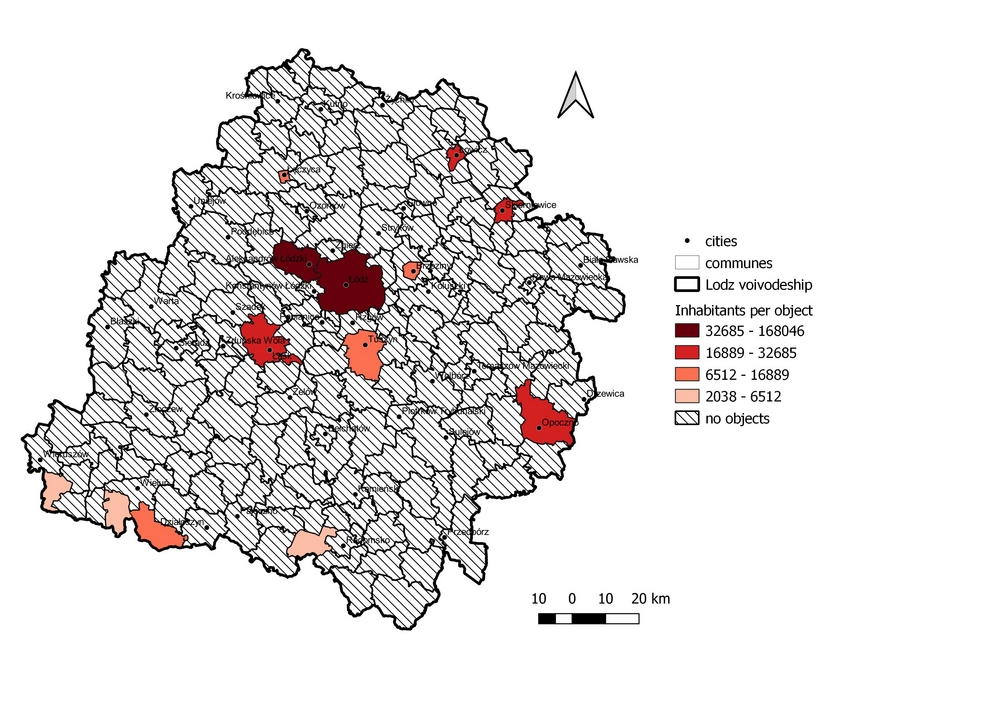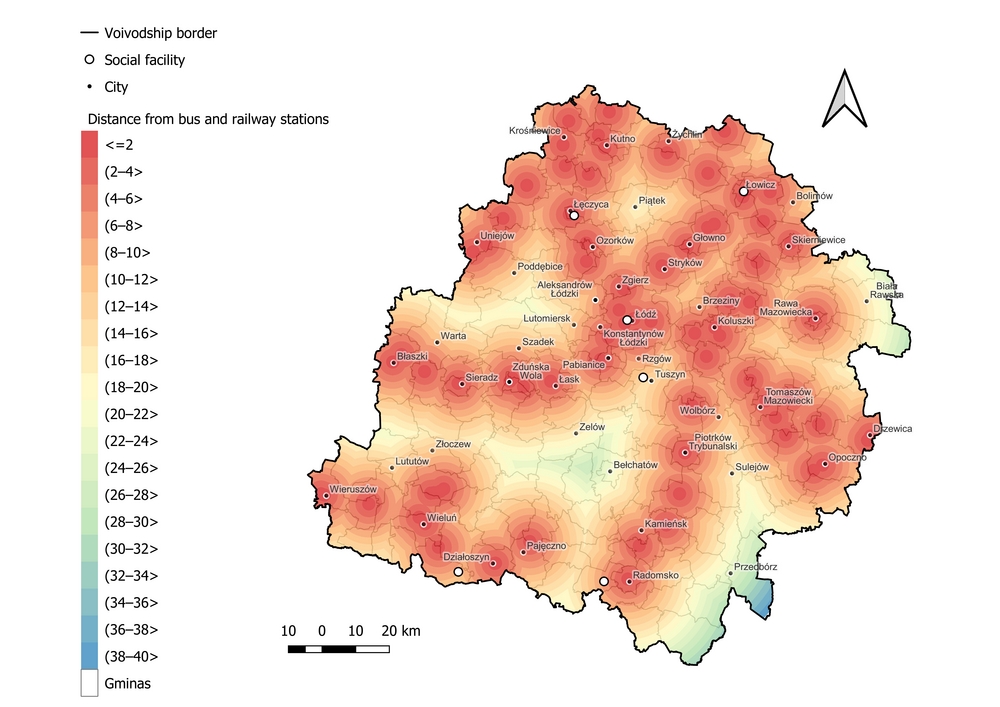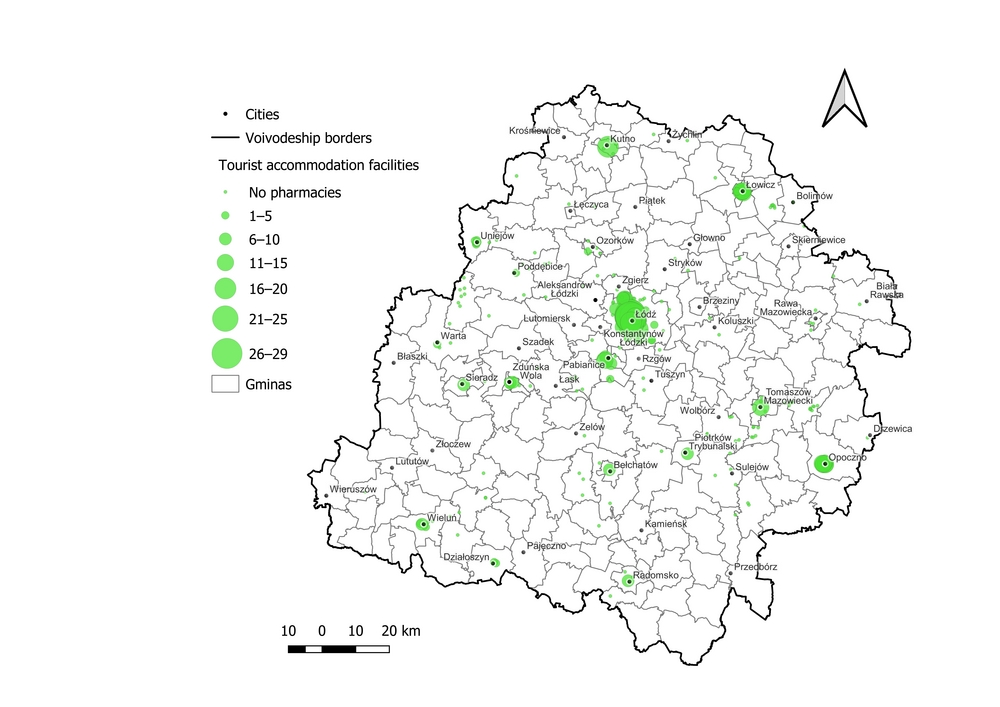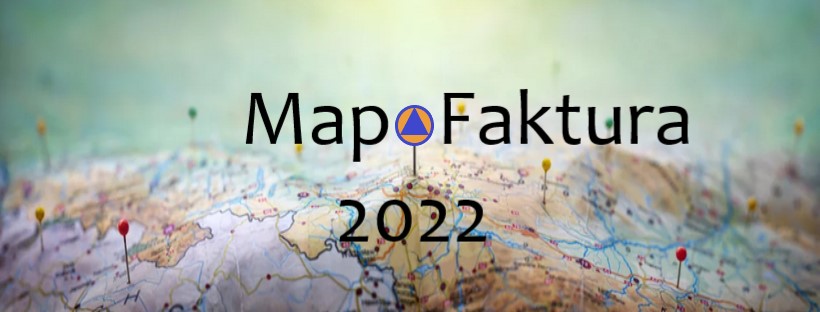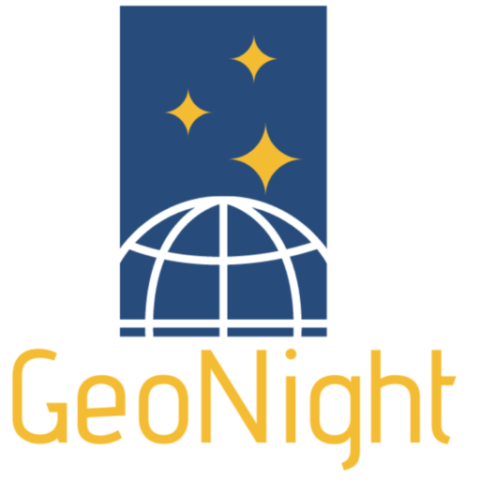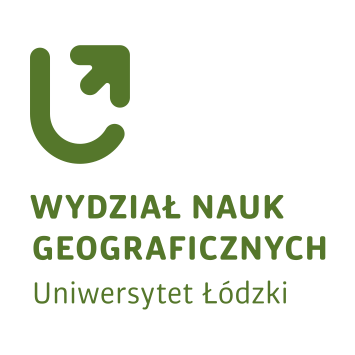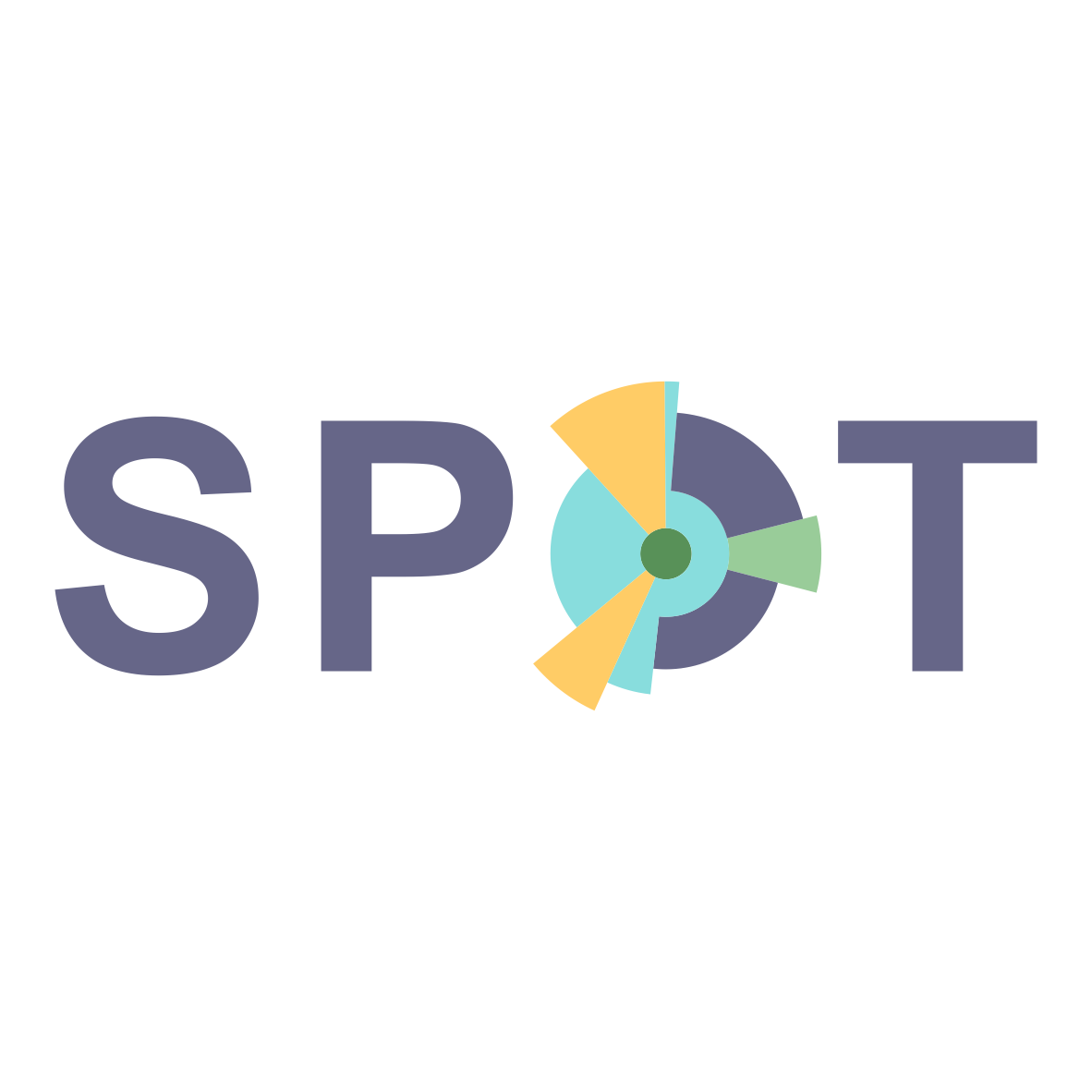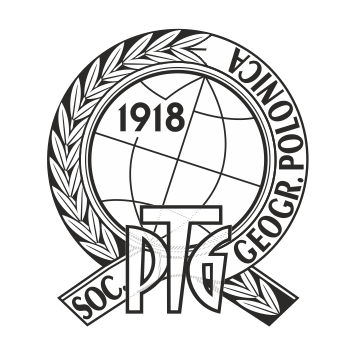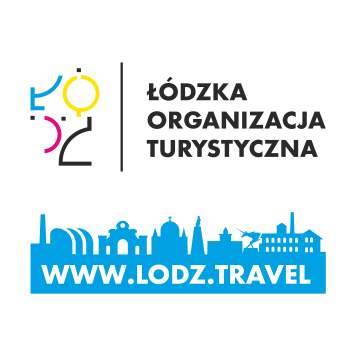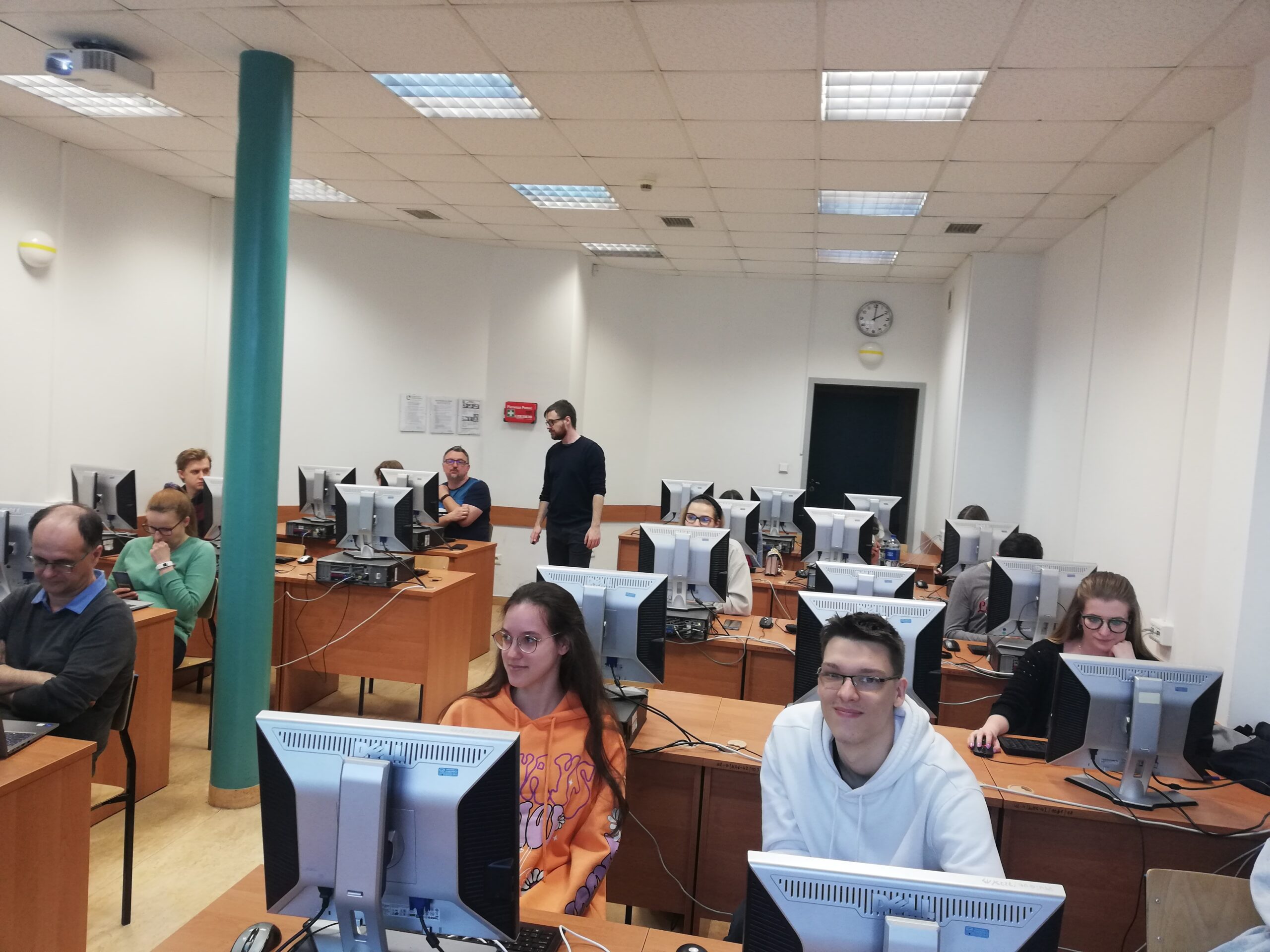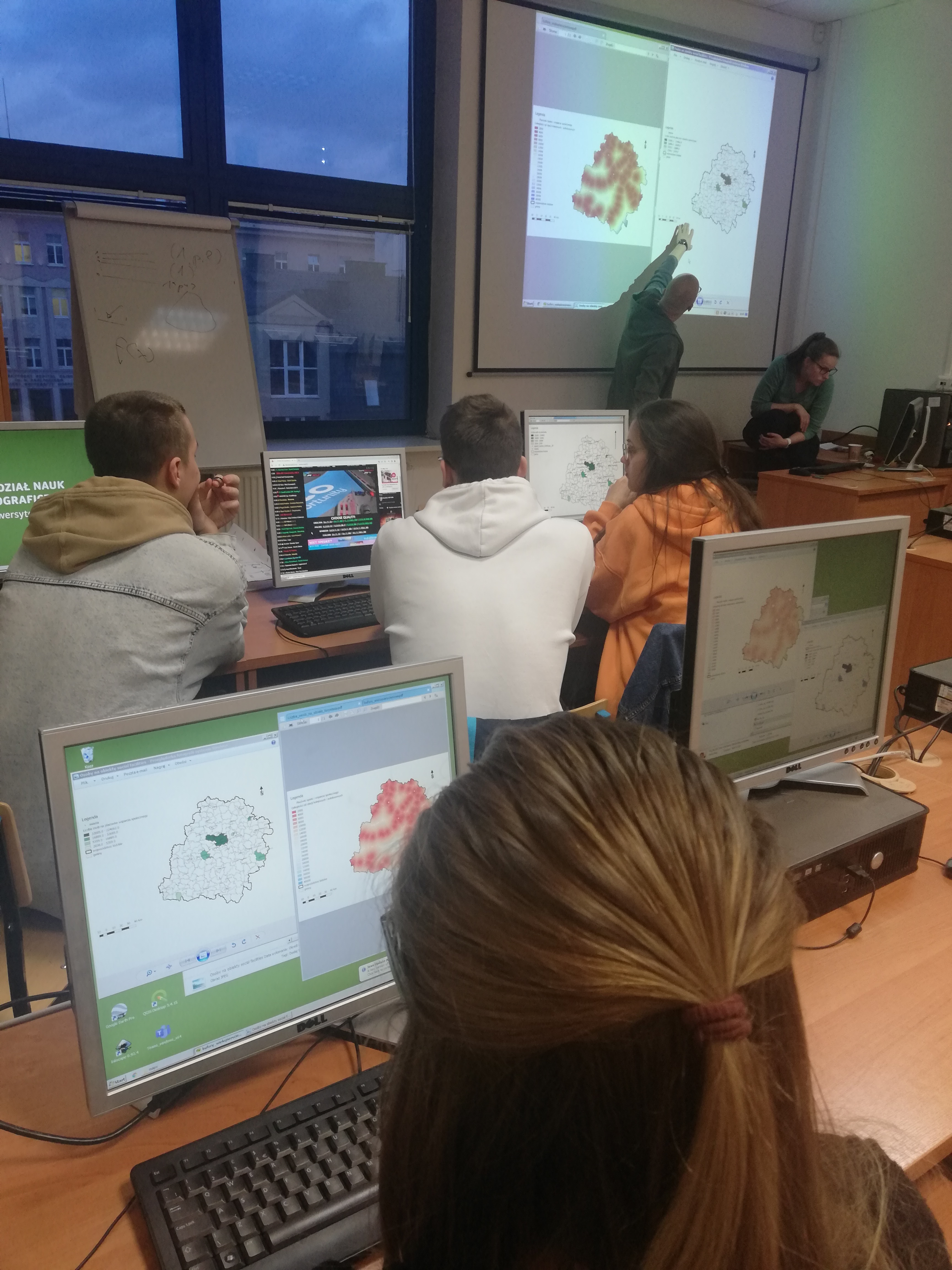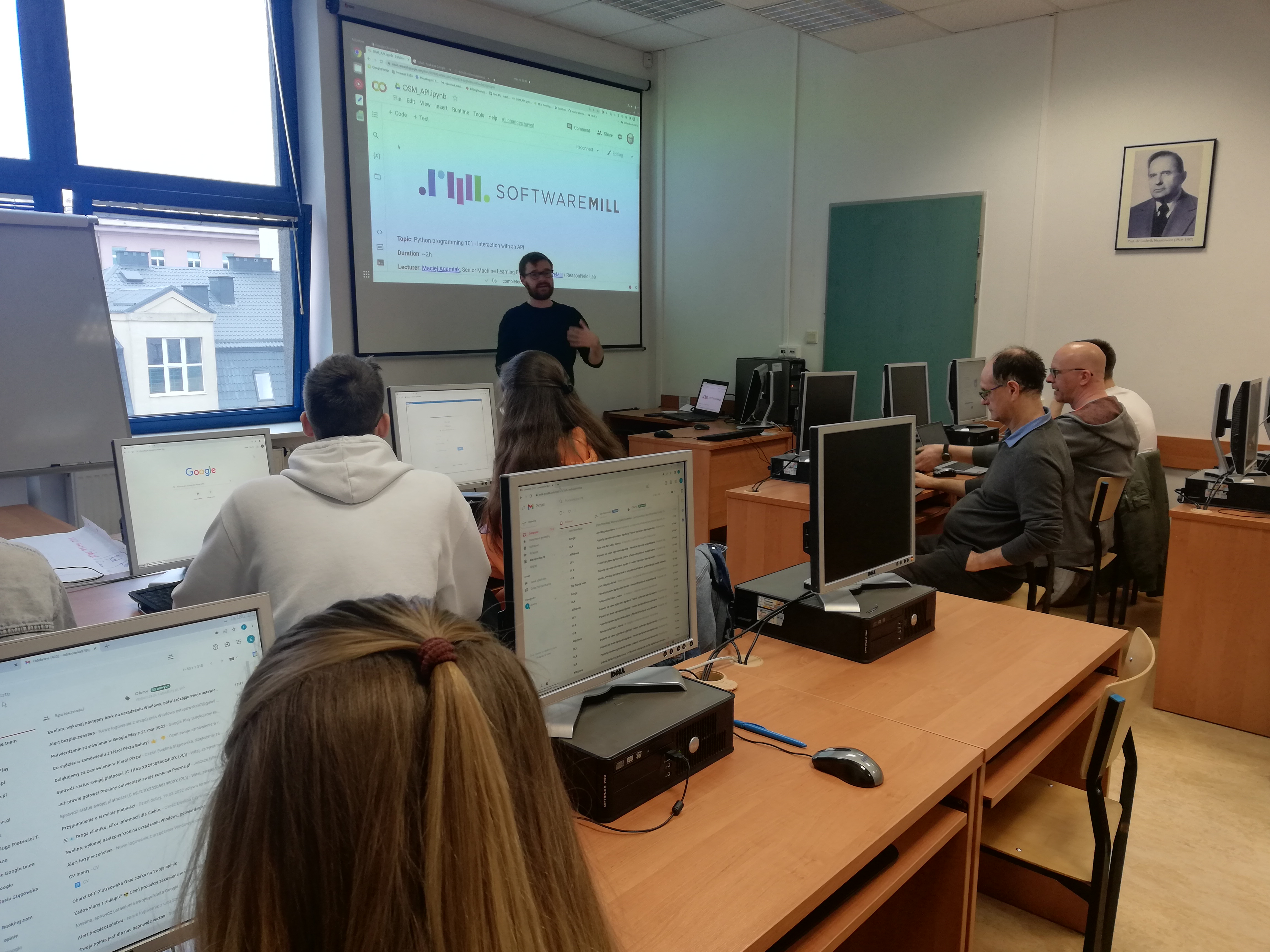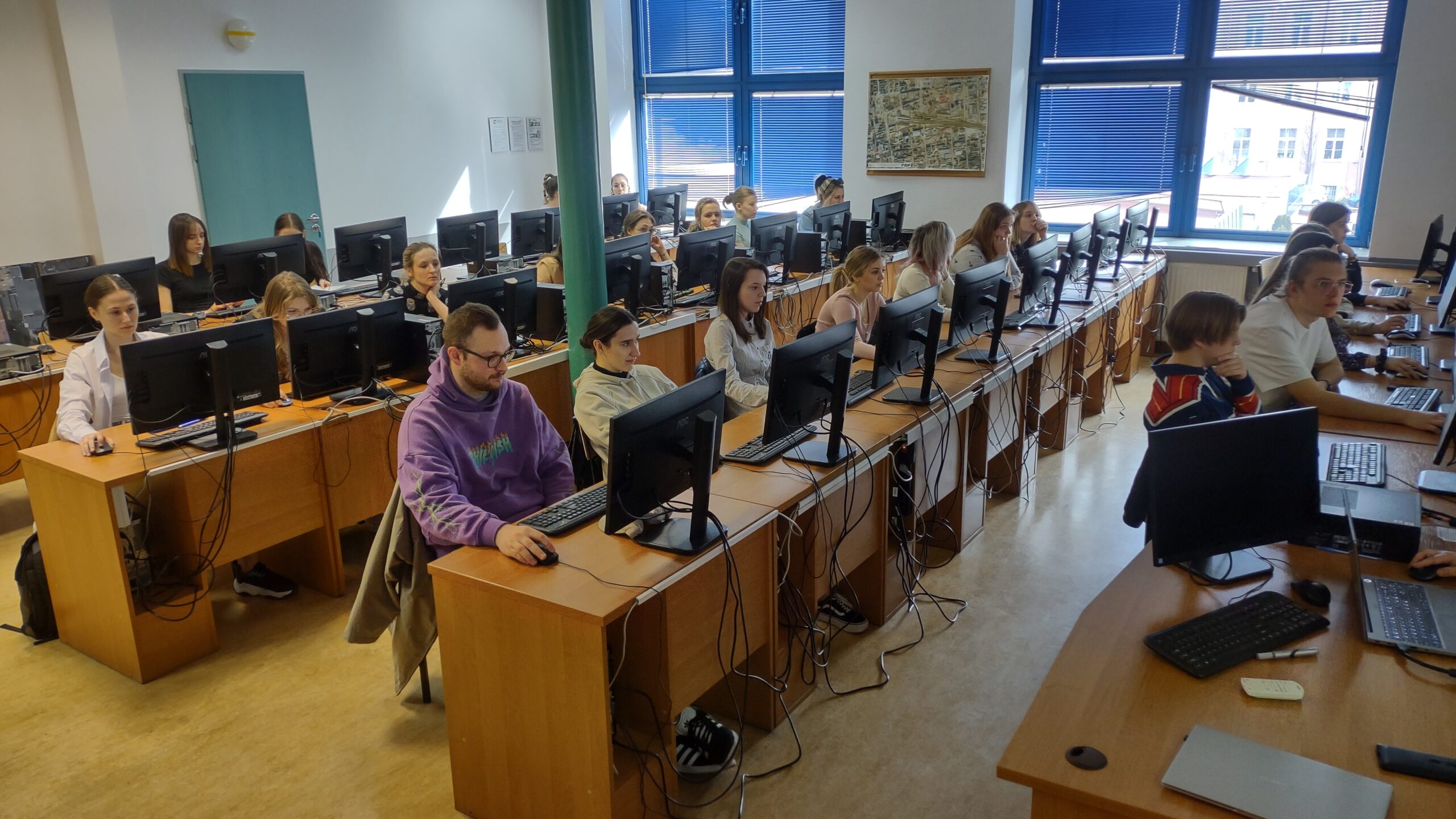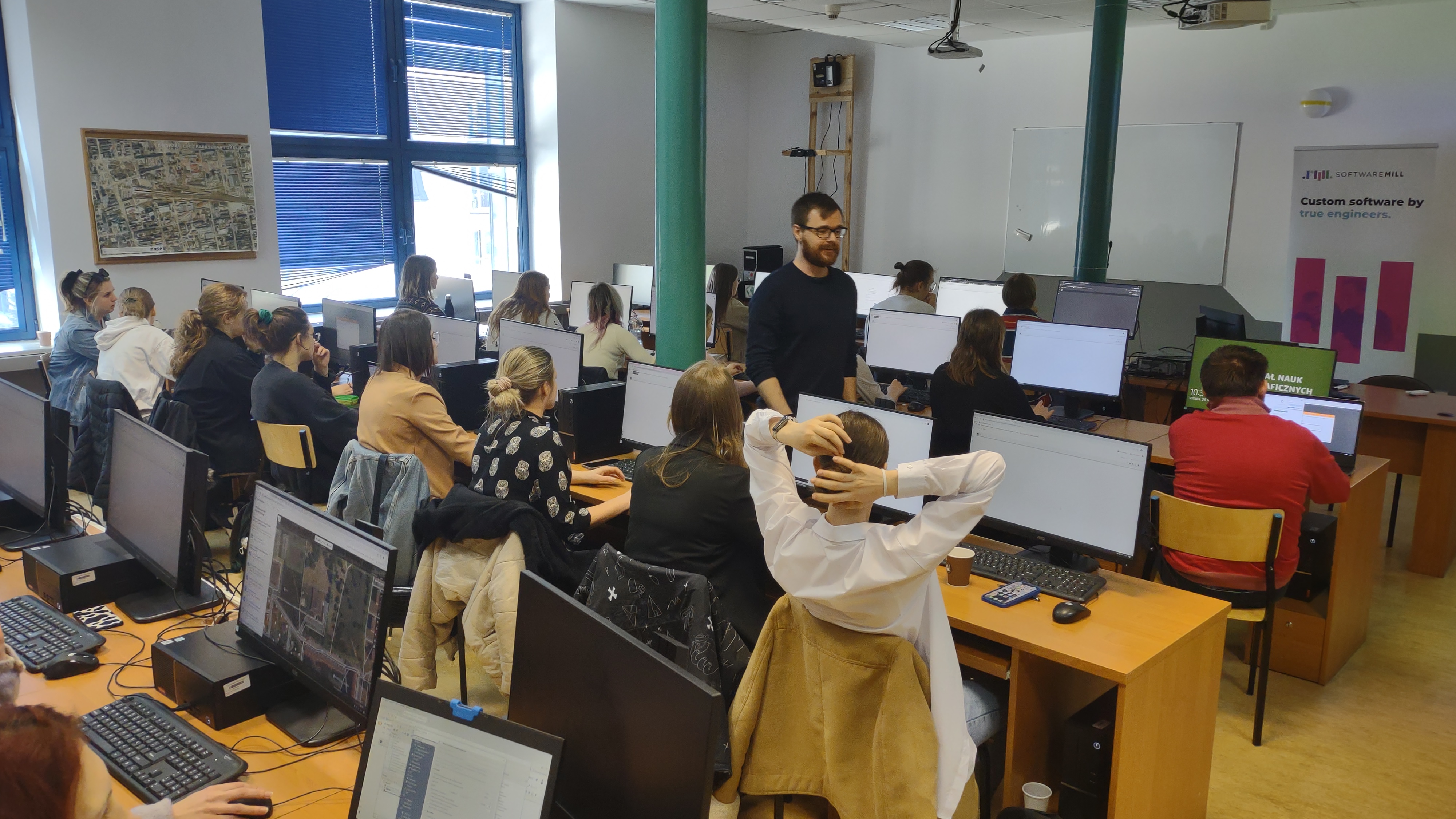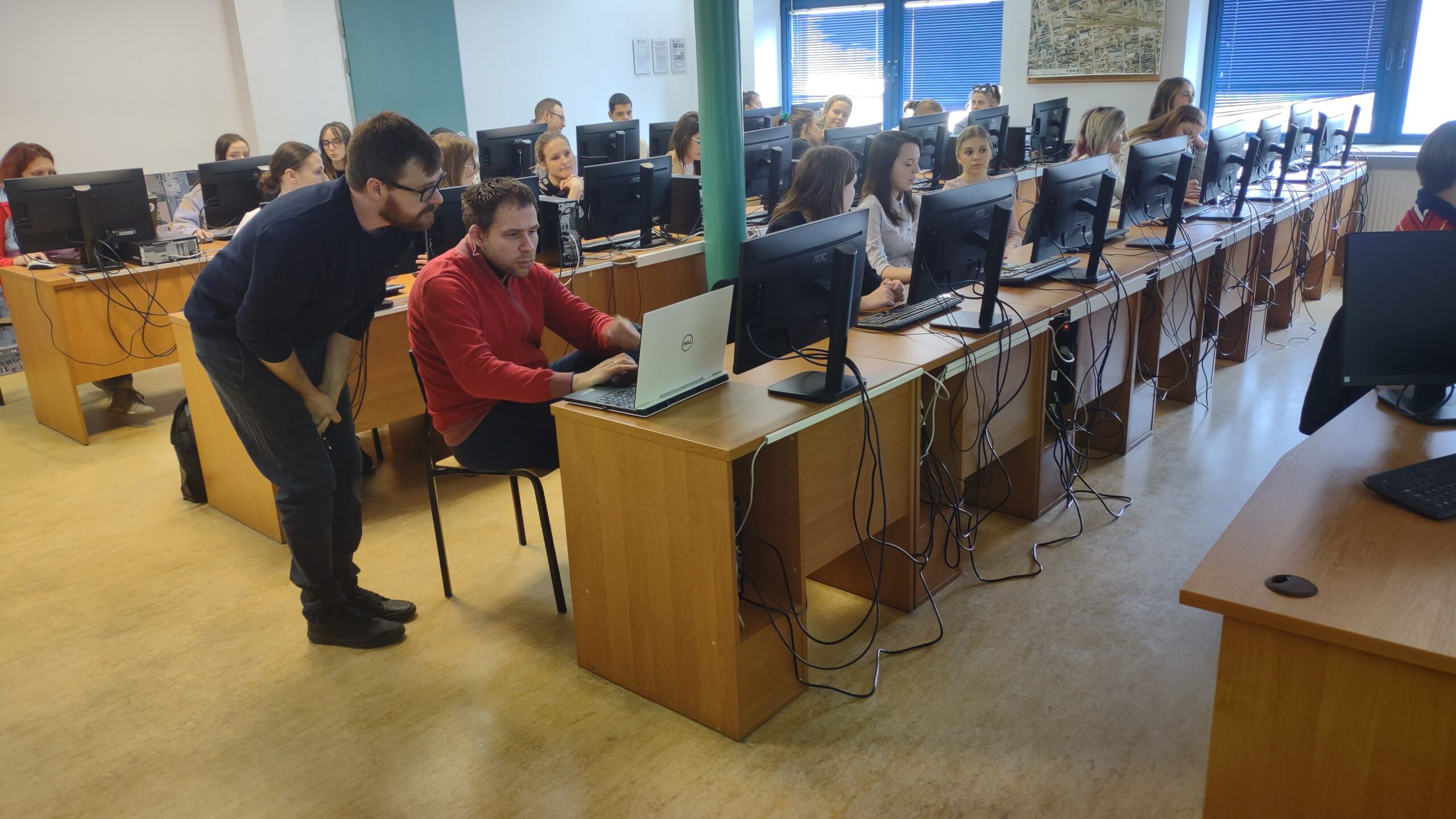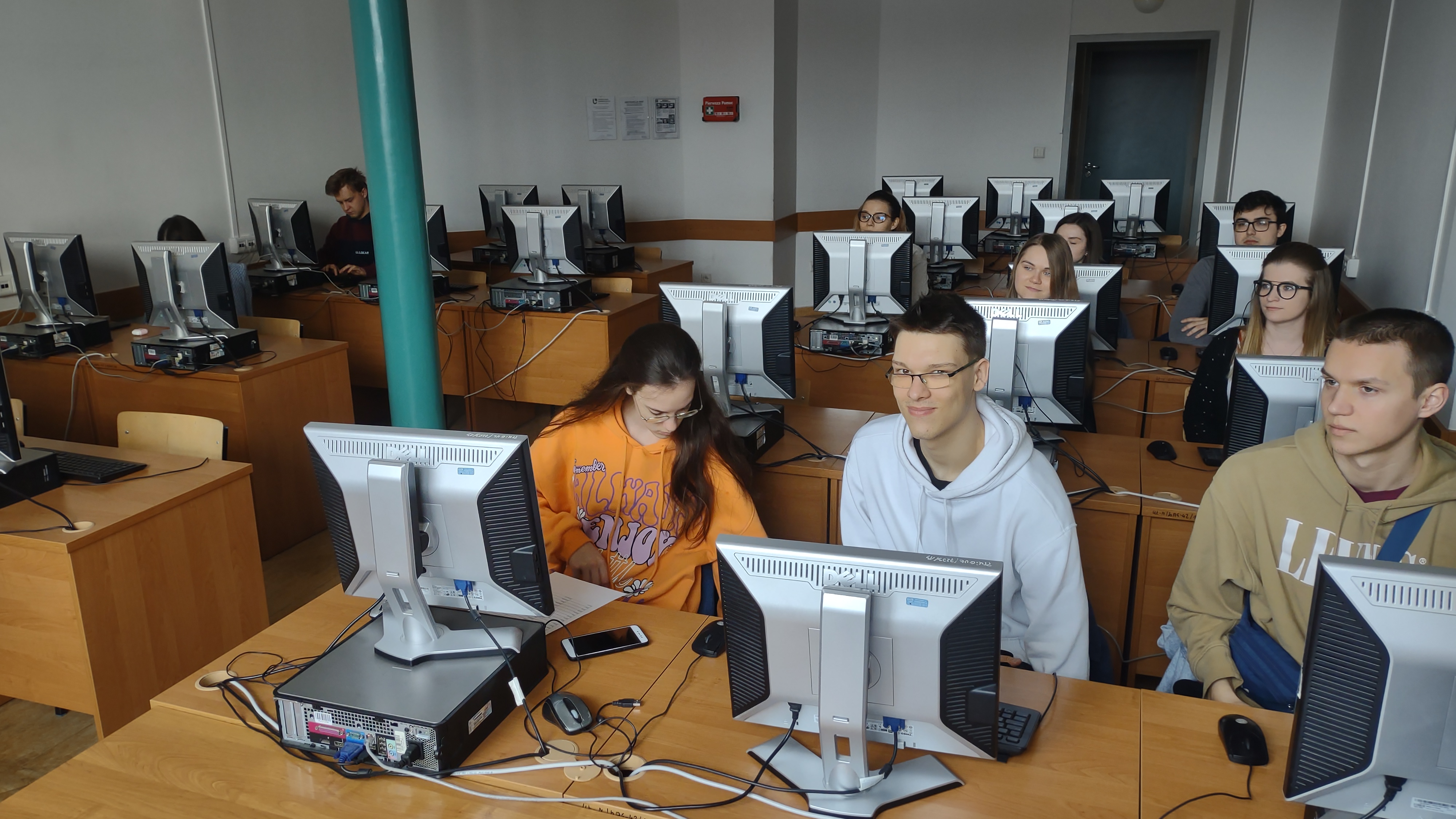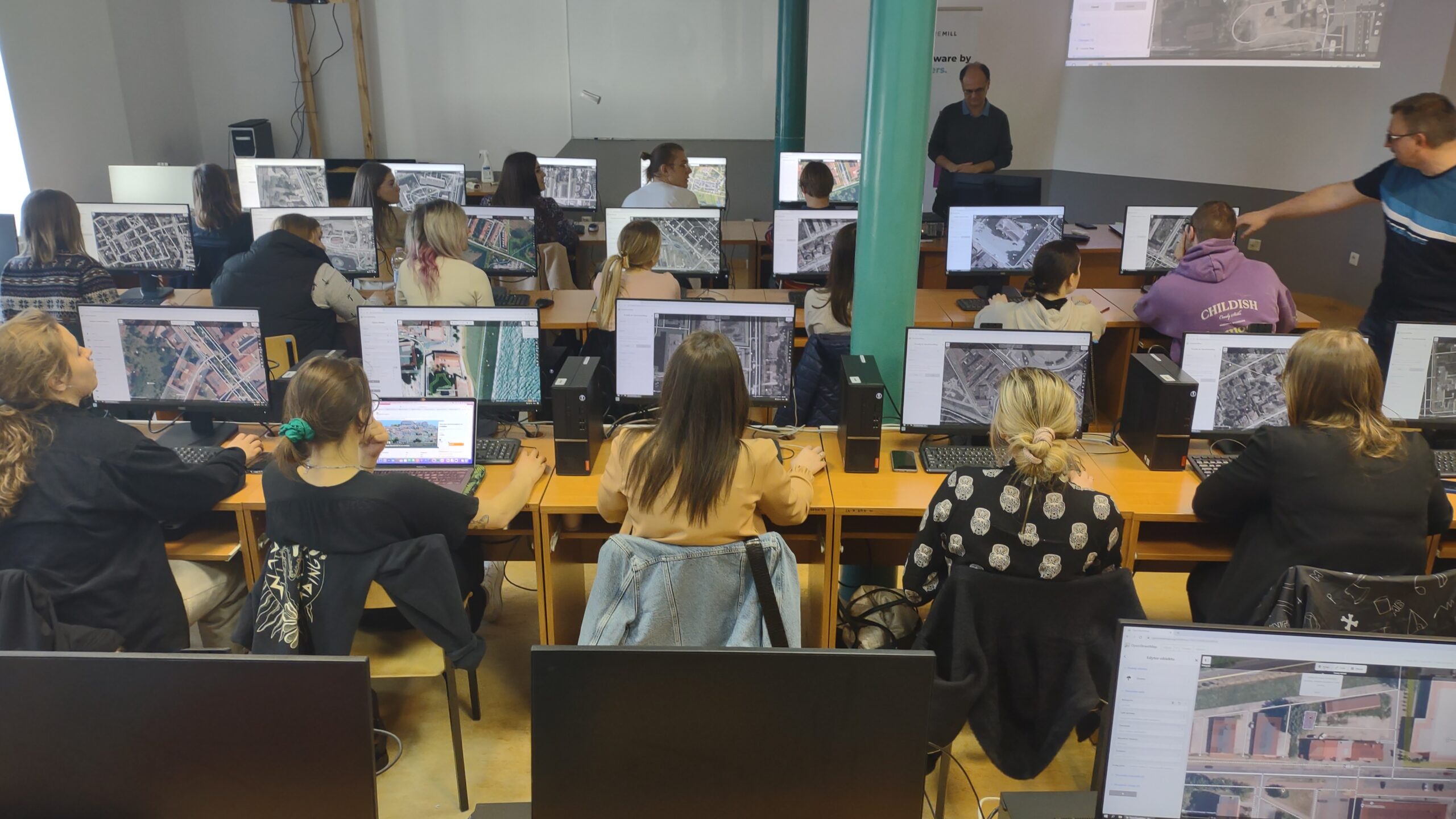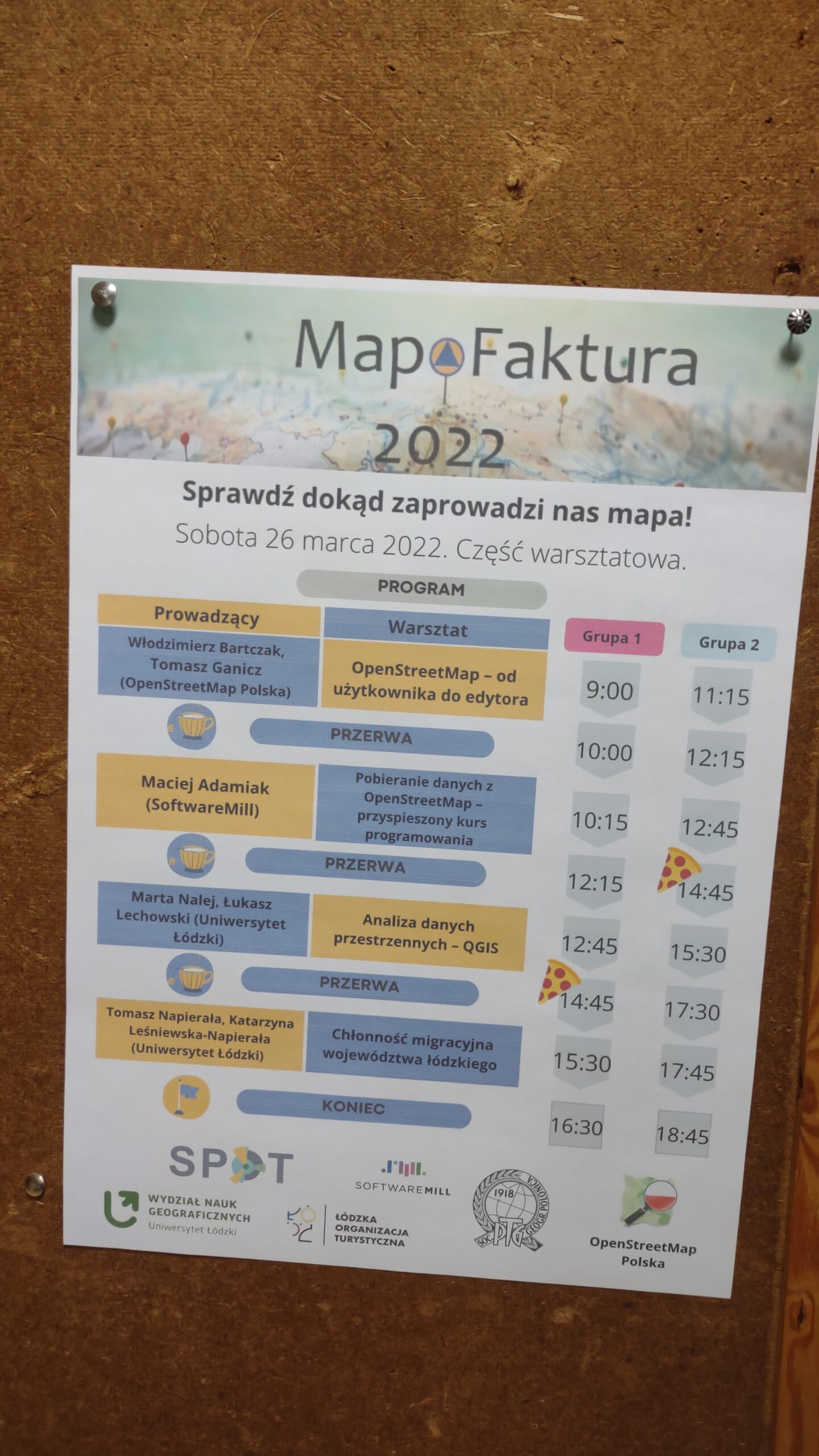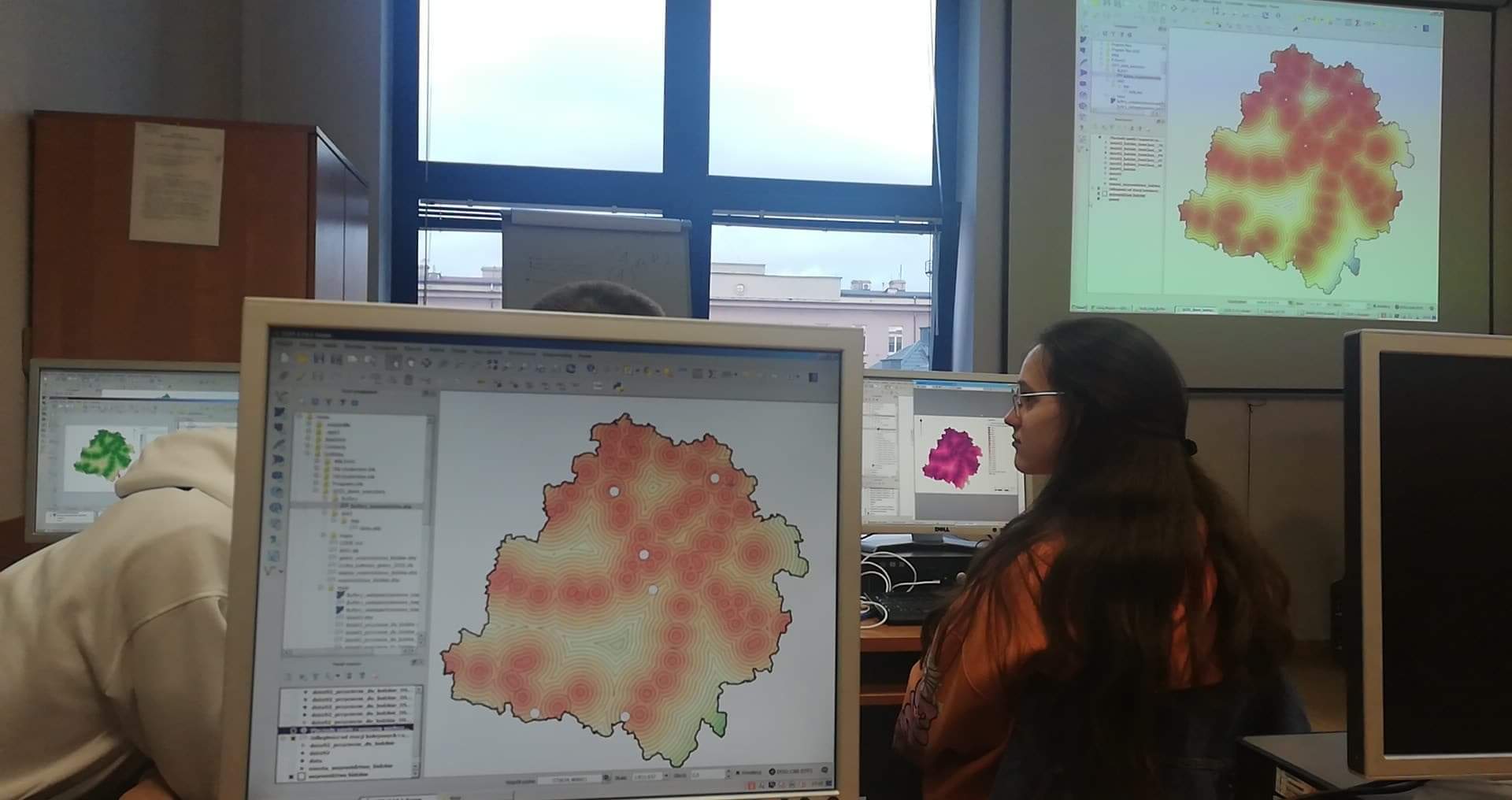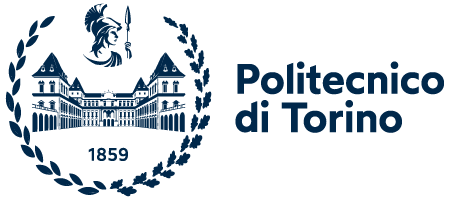

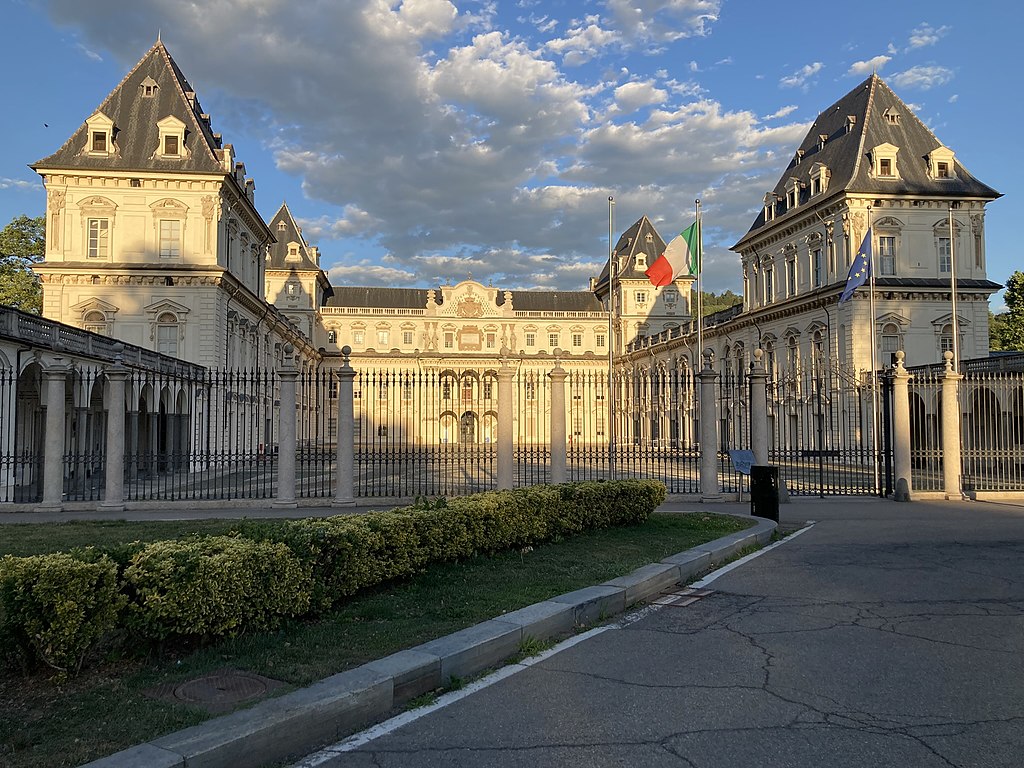

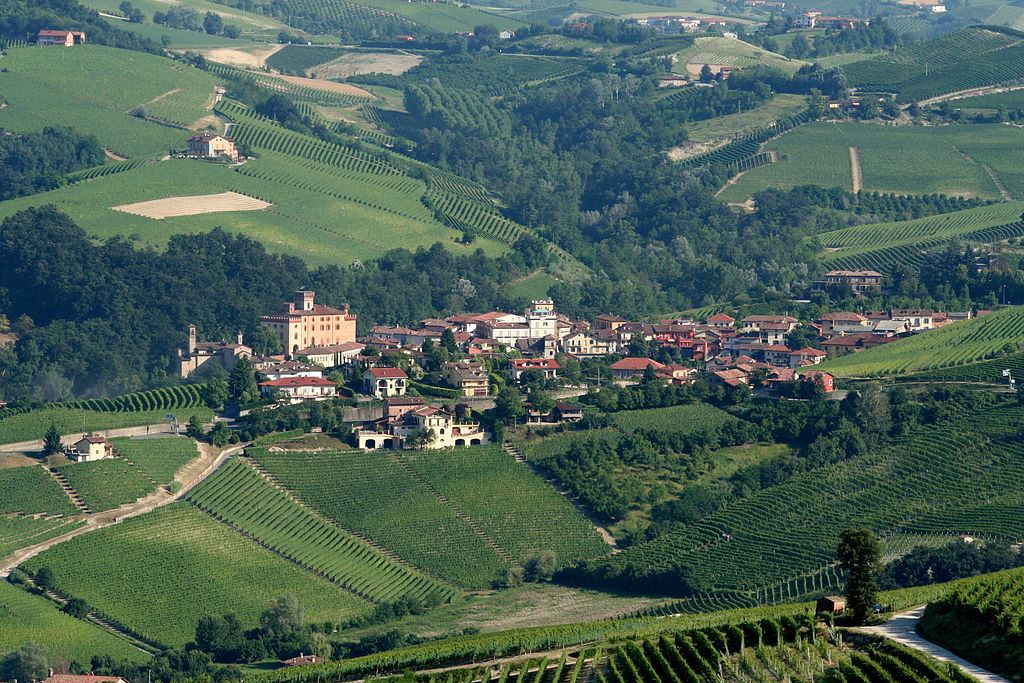
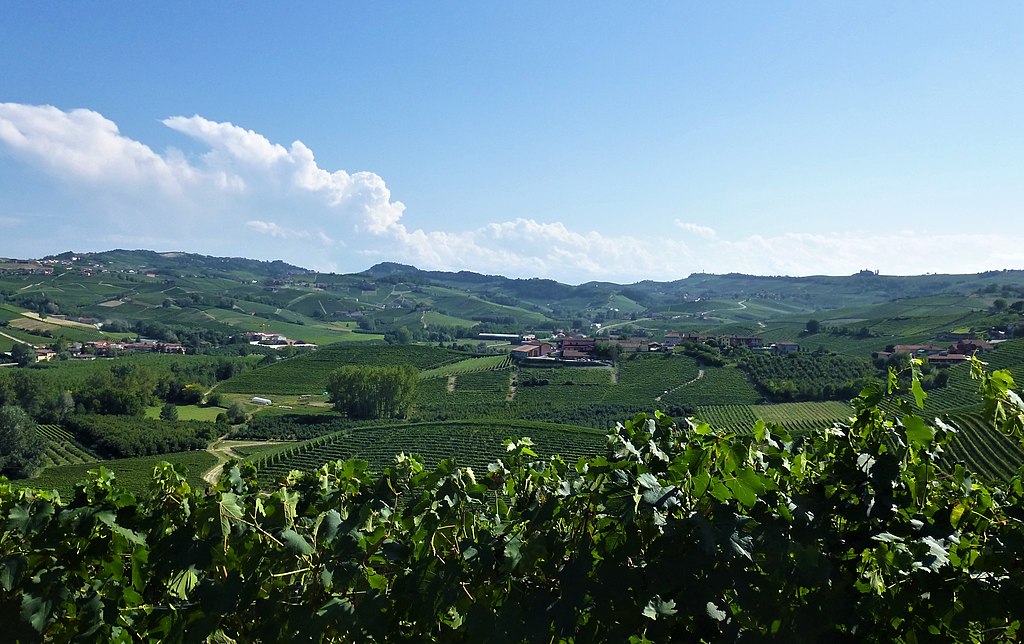
See the programme of study visit to Italy organised by the SPOT project. We are going to concern the case study of “vineyard landscape of Piedmont: Langhe-Roero and Monferrato”. All activities are presented in Italian time zone (CEST). Students and academicians are requested to take own laptops. You might also download the programme of the study visit to Italy as a PDF file, and the programme of the local seminar (PDF file).
Notes
- The workshop takes place in Room 6V, at the Valentino Castle
- Participants are accommodated at Tomato Urban Retreat
- Lunches are served at Armida Canoeing Club, at the cost of 8€ per lunch
- The social dinner on Wednesday evening takes place at Restaurant Lo Sbarco, and costs 18€ per person
September 19, 2022, Monday, Study visit Day 1
| Time | Activity | Presenter(s) | Venue |
|---|---|---|---|
| 09:45 – 10:00 | Meeting at Castello del Valentino | Room 6V – Castello del Valentino | |
| 10:00 – 10:30 | Welcome | Giancarlo Cotella (POLITO, SPOT Partner Leader) Andrea Bocco (DIST, Head of Department) Marco Santangelo (POLITO, School of Planning and Design Vice-Head) Tomasz Napierala (ULODZ, SPOT Project Manager) | Room 6V – Castello del Valentino |
| 10:30 – 11:30 | Introduction to the Case Study Area | Marta Bottero / Vanessa Assumma (POLITO) | Room 6V – Castello del Valentino |
| 11:30 – 13:00 | Spatial Planning, Landscape Planning and Tourism in Italy | Giancarlo Cotella / Emma Salizzoni (POLITO) | Room 6V – Castello del Valentino |
| 13:00 – 14:30 | Lunch break | Armida Canoeing Club | |
| 14:30 – 15:30 | Subdivision into Groups & Meeting with the Tutors | 7 groups of students (each of 5-6 students from 5 different universities) Each group is supported by 1-2 instructors | Room 6V – Castello del Valentino |
| 15:30 – 16:15 | World Heritage Sites – Cultural Landscapes and Tourism | Yasemine Sarikaya Levent (UMERSIN) | Room 6V – Castello del Valentino |
| 16:15 – 17:00 | The Challenges of Climate Change | Vanessa Assumma (POLITO) | Room 6V – Castello del Valentino |
| 17:00 – 17:30 | Break | ||
| 17:30 – 18:15 | Enhancing Sustainable Tourism in Rural Areas – Mobility Challenges | Elisabetta Vitale Brovarone (POLITO) | Room 6V – Castello del Valentino |
| 18:15 onwards | Free Evening |
September 20, 2022, Tuesday, Study visit Day 2
| Time | Activity | Presenter(s) | Venue |
|---|---|---|---|
| 08:30 – 09:45 | BUS travels to the case study area | Marta Bottero / Vanessa Assumma (POLITO) | Castello del Valentino – Serralunga d’Alba |
| 09:45 – 10:15 | Exploratory walk in Serralunga d’Alba Town | Serralunga d’Alba | |
| 10:15 – 12:15 | “Locals talking” – Discussion with various stakeholders from the case study area | Vanessa Assumma (POLITO) | Maria Cappellano Square, Serralunga d’Alba |
| 12:30 – 13:30 | Lunch time (Lunch box) | Verduno Belvedere | |
| 14:00 – 16:00 | Visit in the WiMu Wine Museum in Barolo | Falletti Castle, Falletti Square, Barolo | |
| 16:00 – 17:30 | Scenic walk from Barolo to La Morra Belvedere | Barolo – La Morra (Download GPX file for your GPS device) | |
| 17:30 – 18:45 | BUS travels back to Torino | La Morra – Castello del Valentino |
September 21, 2022, Wednesday, Study visit Day 3
| Time | Activity | Presenter(s) | Venue |
|---|---|---|---|
| 09:00 – 10:30 | Workshop: Stakeholder Analysis | Katarzyna Leśniewska-Napierała / Marta Nalej (ULODZ) | Room 6V – Castello del Valentino |
| 10:30 – 12:30 | Students working in groups on stakeholder analysis | 7 groups of students (each of 5-6 students from 5 different universities) Each group is supported by 1-2 instructors | Room 6V – Castello del Valentino |
| 12:30 – 14:00 | Lunch break | Armida Canoeing Club | |
| 14:00 – 15:00 | Workshop: How to Support Decision Making Effectively | Vanessa Assumma (POLITO) | Room 6V – Castello del Valentino |
| 15:00 – 17:00 | Participated SWOT Analysis: Students working in groups | 7 groups of students (each of 5-6 students from 5 different universities) Each group is supported by 1-2 instructors | Room 6V – Castello del Valentino |
| 17:00 – 17:30 | Break | ||
| 17:30 – 19:00 | Students working in groups | 7 groups of students (each of 5-6 students from 5 different universities) Each group is supported by 1-2 instructors | Room 6V – Castello del Valentino |
| 20:30 onwards | Social dinner | Lo Sbarco – Via Silvio Pellico 5 |
September 22, 2022, Thursday, Study visit Day 4
| Time | Activity | Presenter(s) | Venue |
|---|---|---|---|
| 09:00 – 12:30 | Workshop: Writing Actionable Policy Recommendations | Katarzyna Leśniewska-Napierała / Marta Nalej (ULODZ), Yasemine Sarikaya Levent, Tolga Levent (UMERSIN) | Room 6V – Castello del Valentino |
| 10:30 – 12:30 | SPOT Consortium Meeting | In parallel to the working groups (max 2 persons per every SPOT Project Partner) | Room Astengo |
| 12:30-14:00 | Lunch break | ||
| 14:00 – 18:30 | Students working in groups | 7 groups of students (each of 5-6 students from 5 different universities) Each group will be supported by 1-2 instructors | Room 6V – Castello del Valentino |
| 18:30 onwards | Free (working…) evening |
September 23, 2022, Friday, Local seminar
| Time | Activity | Presenter(s) | Venue |
|---|---|---|---|
| 09:00 – 09:15 | Welcome speech | Giancarlo Cotella (POLITO) | Room 6V – Castello del Valentino |
| 09:15 – 09:30 | Presentation of the SPOT Project | Tomasz Napierała / Katarzyna Leśniewska-Napierała (ULODZ) | Room 6V – Castello del Valentino |
| 09:30 – 11:00 | Students’ presentation. Round I | 15 minutes presentation and 5 minutes of discussion for each of 3-4 groups | Room 6V – Castello del Valentino |
| 11:00 – 11:30 | Break | ||
| 11:30 – 13:00 | Students’ presentation. Round II | 15 minutes presentation and 5 minutes of discussion for each of 3-4 groups | Room 6V – Castello del Valentino |
| 13:00 – 14:30 | Lunch break | Armida Canoeing Club |
September 23, 2022, Friday, Study visit Day 5
| Time | Activity | Presenter(s) | Venue |
|---|---|---|---|
| 14:30 – 16:00 | Evaluation of educational effectiveness of teaching on the spot | Instructors (2 per group) will conduct focus with each of students’ group | Room 6V – Castello del Valentino |
| 16:00 – 16:30 | Summary of the study visit to Italy | Room 6V – Castello del Valentino |
